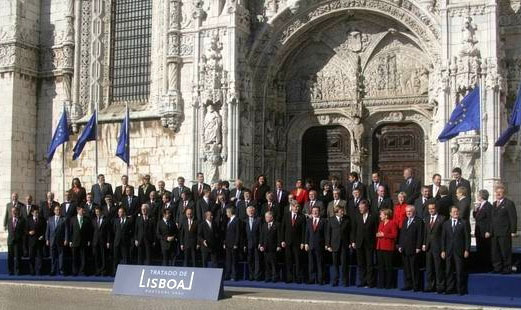How to neuter Brexit

This article examines the legal issue of European citizenship and how the law can render Brexit useless, null and void.
Brexit and the issue of EU citizenship
As an individual and independent legal personality, the European Union and citizenship of it is an individual right and cannot be revoked by a single State.
Introduction
If citizenship of the European Union is an individual right, is disconnected from nationality, and if EU citizenship and national citizenship are two distinctly different legal personalities, then whether or not the United Kingdom belongs to the European Union bears no influence whatsoever on the EU citizenship of British citizens in the EU or EU citizens in the UK.
Examining the legal documentation and precedent, we see that EU citizenship is supra-national in nature, meaning that Brexit cannot strip British nationals currently enjoying EU citizenship of their acquired rights.
The documentation and precedent
Under the European Union Charter of Fundamental Rights it is stated that the European Union was formed to foster unity and synergies among the European family of nations. In its Article 2, the importance of "pluralism" is stressed;
In Article 3, Paragraph 2: "The Union shall offer its citizens an area of freedom, security and justice without internal frontiers, in which the free movement of persons is ensured in conjunction with appropriate measures with respect to external border controls, asylum, immigration and the prevention and combating of crime";
Idem, Paragraph 5: "the Union shall uphold and promote its values and interests and contribute to the protection of its citizens". Therefore, the legal entity "citizen" is clearly defined. In Title II, Provisions on Democratic Principles, Article 9, it is stated: "In all its activities, the Union shall observe the principle of the equality of its citizens, who shall receive equal attention from its institutions, bodies, offices and agencies. Every national of a Member State shall be a citizen of the Union. Citizenship of the Union shall be additional to and not replace national citizenship".
In this case, EU citizenship is not dependent on nationality, being a separate legal personality and therefore cannot be revoked by an individual State. Established by the Treaty of Maastricht in 1992, EU citizenship has a political legal personality, not a national one and therefore whether or not the United Kingdom leaves the EU, its citizens cannot be deprived of their EU citizenship, meaning that their rights must continue as they are as of any future date on which the UK leaves the Union.
Furthermore, the Court of Justice of the European Union states that citizenship of the European Union is a "fundamental statute" of nationals of EU member states and this means therefore that Brexit cannot constitute a collective loss of rights already acquired. Once a right has been conceded and accepted, the statute assumes a permanent nature.
This Court has gradually widened the scope of EU citizenship in relation to national citizenship by imposing certain limits to the power of Member States to regulate national citizenship. Looking at legal precedent, the Zhu and Chen case underlined circumstances in which the basic rights of EU citizenship need to be asserted against, or independently to, the status of national citizenship.
Conclusion
Professionals working in this area need to take up this issue with the competent authorities to make sure that the European Project is protected and that this first test case concerning the fundamental and acquired rights of European citizens upholds the ideals of the European Union. Up until and as of the date on which Brexit eventually happens, if unfortunately it does, then nothing in the process affects European Citizenship rights of those who wish to have these enforced.
Photo: https://ift.tt/2r3CV76
Читайте больше на https://ift.tt/2M7Ip82
No comments :
Post a Comment